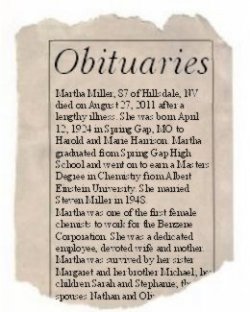After I was cut from my mother’s backbone, it was up to my father to shape my gullible mind and that’s the truth.
My father was a surgeon, a shaman and a greyhound. A runner in his youth, he thought little of exercise and called himself a cultured couch potato. As a doctor he loved each patient and included them in what he called prayers. Having grown up Catholic, he turned humanist when enough sense came to him and his prayers did not come out the classic way though they were always classy. While he was operating, I imagine they went something like this in his head:
“Dear God, I don’t think you exist, or if you do, you should have done something for me when I asked. You don’t seem to want to ease the burden of the masses, and when I am out of luck, I don’t see you chip in either. Your holy church is a disgrace and your footprints on Earth are filled with blood. You’re a feeble almighty. I know I am having this conversation with myself in my own thick head but it doesn’t matter. So whether you exist or not: do something not for me but for this poor sod on the operating table here. Let him wake up and get better, for all of our sakes and for the good of his children. Thank you, Lord, who I most fervently do not believe in and never will as long as I live, see you later maybe.”
He wrote poems too, some good some bad but they were passionate and his. He loved to read them out loud and his voice never wavered. A poetic dinosaur shedding tears for bards long gone, he sat on a leather couch in the nude, blew smoke rings shaped like wild animals and picked verses out of the thick air.
He was collector and Casanova at once. He’d return from scavenger hunts with gold watches, rings, precious books and feathers of exotic birds. They were tossed on shelves, hung from the ceiling, some of them buried. From sexual exploits he returned with stories of women, one for each finger, and I kept count for him when the tales were good. I would remember the names. The penalty for bad stories was obliteration by memory loss.
He never liked that I joined a corporation—he thought business bloodless and bloodlusting both. But he’s the one who taught me how to throw a bow tie round my neck like taming a snake. When I began to write he became excited and worried, too, which wasn’t like him at all but I understood. Words are scary creatures, things of divine making, weapons of mass delusion.
When he died, people wore dark colours and said nice things about him. They played sad music, which he wouldn’t have even liked, and they had his deathmask taken which made him look limp and not like him at all. When they were gone, weeks afterward, I bought a star on the Internet and named it after him, which seemed suitable, given that he is probably still dishing it out to God.
